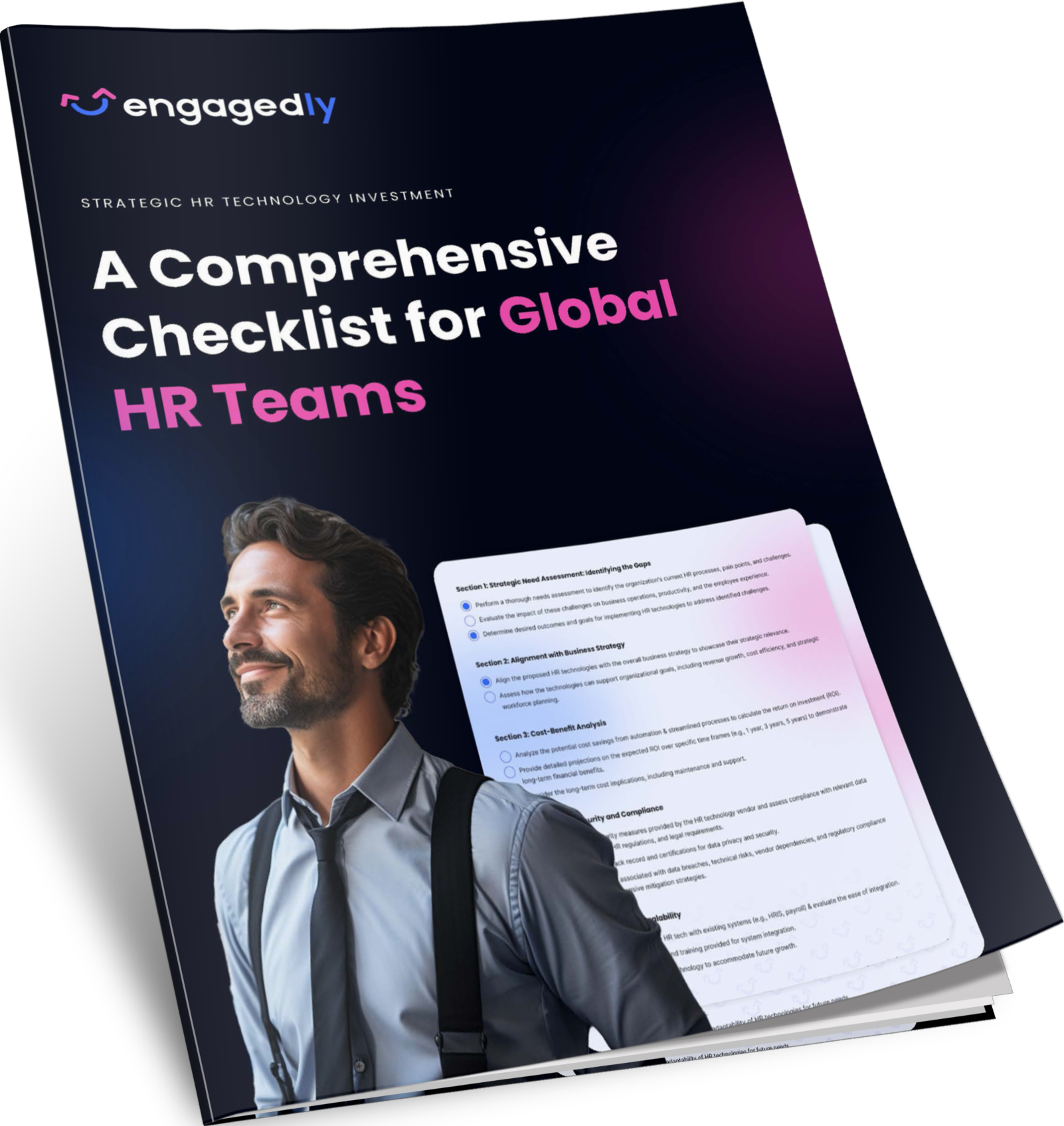All of us in the HR space have a very different notion of what employee engagement means and consequently, people outside the HR space have a very different idea of what employee engagement is.
So what does it mean for an employee to be engaged? Or rather, what is the measure of employee engagement?
Employee engagement can be defined as:
Engagement is above and beyond simple satisfaction with the employment arrangement or basic loyalty to the employer—characteristics that most companies have measured for many years. Engagement, in contrast, is about passion and commitment—the willingness to invest oneself and expend one’s discretionary effort to help the employer succeed (William H Macey & Benjamin Schneider)
And this is one of the many definitions of employee engagement. However, what differentiates it from others is that it manages to capture that elusive understanding of what does it means to be engaged.
Employee engagement neither hinges on loyalty and nor does it equate to just being satisfied.
Employees are engaged when:
They participate enthusiastically
Engaged employees are not only focused on work all the time. They participate in whatever events an organization might have and show interest in knowing about their colleagues. They are invested in seeing the organization grow and also, they are invested in seeing how they grow along with the organization. While enthusiasm alone, if not often a clear-cut marker of employee engagement (we have all heard of employees with misplaced enthusiasm), engaged employees know when to inject enthusiasm and when to rein it in.
They are concerned about the future
To an extent, everyone is concerned about the future. And a lot of the times, that concern is inward-focused. There are two extremes when it comes to being concerned about the future. On one side, some employees are solely worried about their career path. This means that not all of their decisions will benefit anyone other than them. On the other end of the spectrum of extremes, there’s the sacrificial lamb. These kinds of employees are equally bad because they are unhealthily invested in an organization, beyond the point of no return.
Engaged employees strike a healthy balance between these two extremes. They are invested in their career trajectory and they would also like to have a hand in helping the organization grow as well.
They are not afraid of feedback
Feedback is a two-way street. And engaged employees have no problems receiving it (you could say they actually go out of their way to seek it) and they are invested in sharing their own feedback. You will never see them sharing unsolicited feedback, however. Employees who tend to share unsolicited feedback are most certainly not engaged. Rather, they perceive themselves as being invested and enthusiastic. Engaged employees are conscious of boundaries, respectful of others and even know how to exactly communicate their concerns without making it seem like baseless complaints or even overstepping bounds.
Do only these three factors make for an engaged employee? Most certainly not. There can be many others. Either way, it is important to recognize engaged employees and grow their tribe. At the end of the day, the more engaged employees an organization has, the more it prospers.
Want to know more about how Engagedly can help you with employee engagement? Request a demo to find out!
Request A Demo
Get In Touch With Us
Kylee Stone
Kylee Stone supports the professional services team as a CX intern and psychology SME. She leverages her innate creativity with extensive background in psychology to support client experience and organizational functions. Kylee is completing her master’s degree in Industrial-Organizational psychology at the University of Missouri Science and Technology emphasizing in Applied workplace psychology and Statistical Methods.





